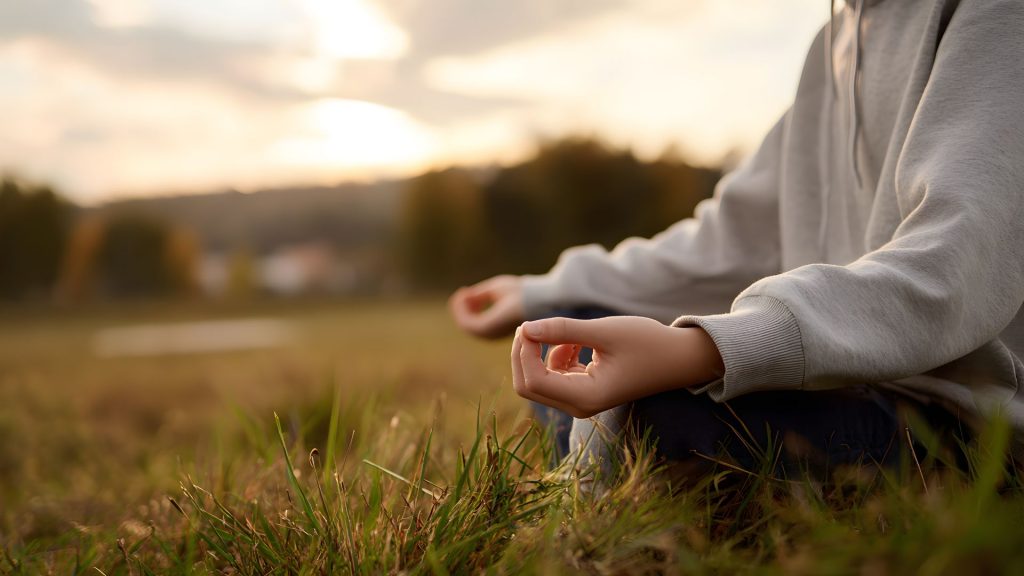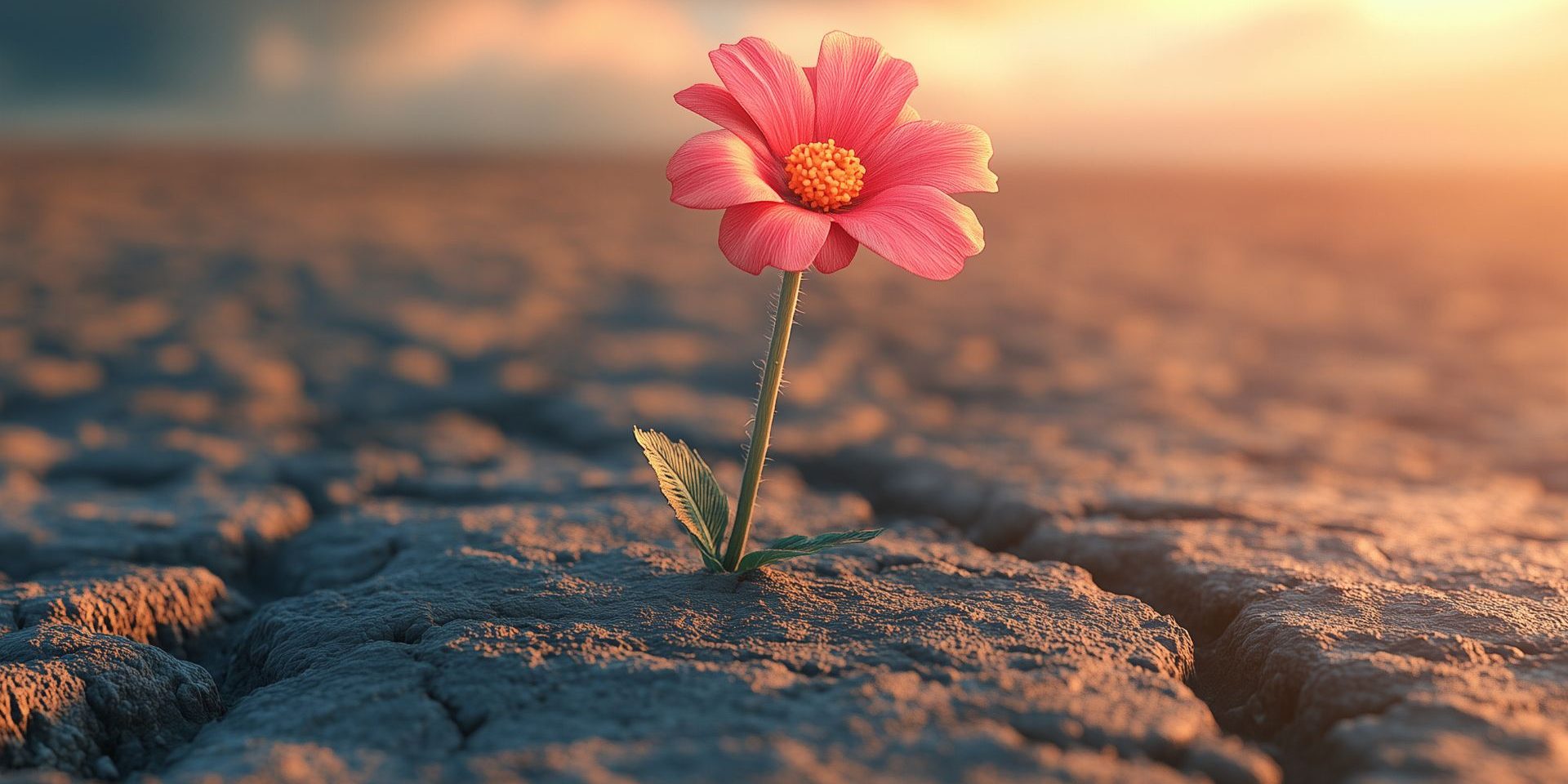
What do you picture when you think of someone resilient?
For many of us, it’s someone who stays strong through every hardship — unshaken, composed, in control. However, resilience is rarely loud or heroic. More often, it’s quiet, gentle, and deeply human.
Resilience is the ability to adapt and recover from stress, challenges, or adversity. Beyond that definition, it’s about how we hold ourselves together and sometimes, how we allow ourselves to fall apart and rebuild. It isn’t about pretending everything is fine or forcing positivity. It’s not about never feeling anxious, sad, or tired. It’s the quiet strength to bend without breaking, to feel deeply, rest when needed, and still take one small step forward.
Resilience is being flexible with yourself and saying, “Today, I don’t have it all together, but that’s okay.” That honesty and self-acceptance are where real strength begins.
The Quiet Faces of Resilience

Resilience often shows up in the ordinary moments that go unnoticed. It can look like taking a break before you burn out, even when part of you feels guilty for resting. It can look like asking for help instead of trying to do it all alone, or saying “no” when your body or mind says “enough.” Sometimes, it’s simply getting out of bed after a day that felt too heavy to carry. Other times, it’s choosing to keep going, not because you’re unaffected, but because you’re learning to care for yourself in the process.
These moments don’t make headlines, but they matter deeply. They remind us that resilience isn’t about being unshakable or fearless; it’s about being human, feeling deeply, and still finding the courage to stand again, gently, after falling.
Nurturing Everyday Resilience – Gentle Practices That Help

Resilience is something we can all strengthen through small, intentional acts of care. Still, it isn’t always easy to stay grounded when life feels heavy and that’s okay. What matters most is starting small and being gentle with yourself along the way. Here are a few simple ways to nurture your resilience, one moment at a time:
- Pause and breathe: When everything feels overwhelming, take a moment to stop and breathe deeply. Even a short pause helps calm your body and clear your thoughts, reminding you that it’s okay to slow down before responding to life’s demands.
- Be kind to yourself: Self-compassion is one of the most powerful tools for resilience. Instead of judging yourself for struggling, speak to yourself with gentleness, the way you would comfort a close friend. Caring for yourself also means tending to your body: rest without guilt, eat nourishing meals, stay hydrated, and move regularly. These simple acts aren’t indulgent; they’re everyday reminders that your body and mind work best when treated with kindness.
- Reflect, don’t repress: Emotions are messages, not inconveniences. Allow yourself to feel what you feel instead of pushing it away. Taking time to reflect through journaling, conversation, or quiet moments helps transform pain into understanding, and understanding into growth.
- Look at problems from different angles: When faced with challenges, try to see them from multiple perspectives. Flexibility in thinking helps you adapt and discover solutions you might not have noticed before. It’s not about ignoring problems, but approaching them with curiosity instead of fear.
- Stay connected: Resilience grows stronger through connection. Talk to a trusted friend, share how you’re really feeling, or join a community where you feel supported. Sometimes, reaching out for professional help can also make a difference, especially when coping feels too heavy to manage alone.

Resilience isn’t about being unbreakable; it’s about understanding that even in our most fragile moments, we have the capacity to heal and grow, in our own time and in our own way.
As we continue to honour World Mental Health Day this October and the 2025 theme, ‘Access to Mental Health Services’, platforms like BookDoc are making mental health support more accessible by allowing users to connect with psychologists through the teleconsultation feature. Remember, reaching out for help isn’t a sign of weakness, it’s an act of courage, and one of the most powerful expressions of resilience.
References:
- American Psychological Association. (2020). Building your resilience. American Psychological Association. https://www.apa.org/topics/resilience/building-your-resilience
- Cherry, K. (2022, October 6). 10 Ways to build resilience. Verywell Mind. https://www.verywellmind.com/ways-to-become-more-resilient-2795063
- Mind. (2022, March). Managing stress and building resilience – tips. Mind. https://www.mind.org.uk/information-support/types-of-mental-health-problems/stress/managing-stress-and-building-resilience/
- Wein, H. (2022, March 29). Nurture Your Resilience. NIH News in Health. https://newsinhealth.nih.gov/2022/04/nurture-your-resilience













